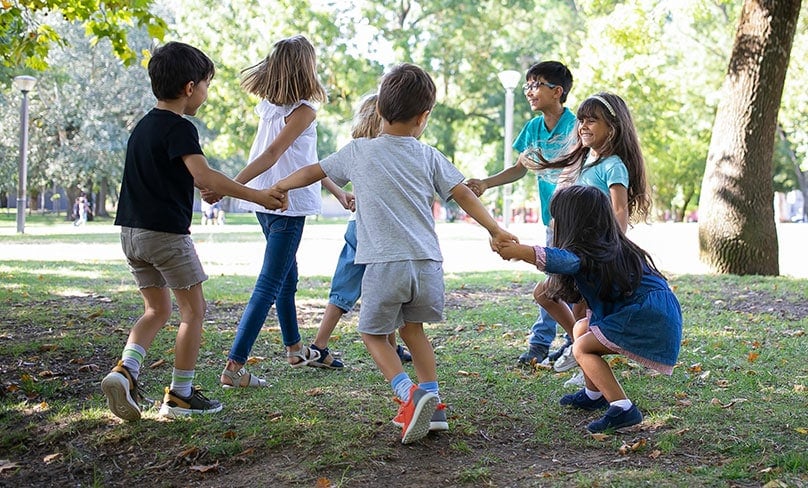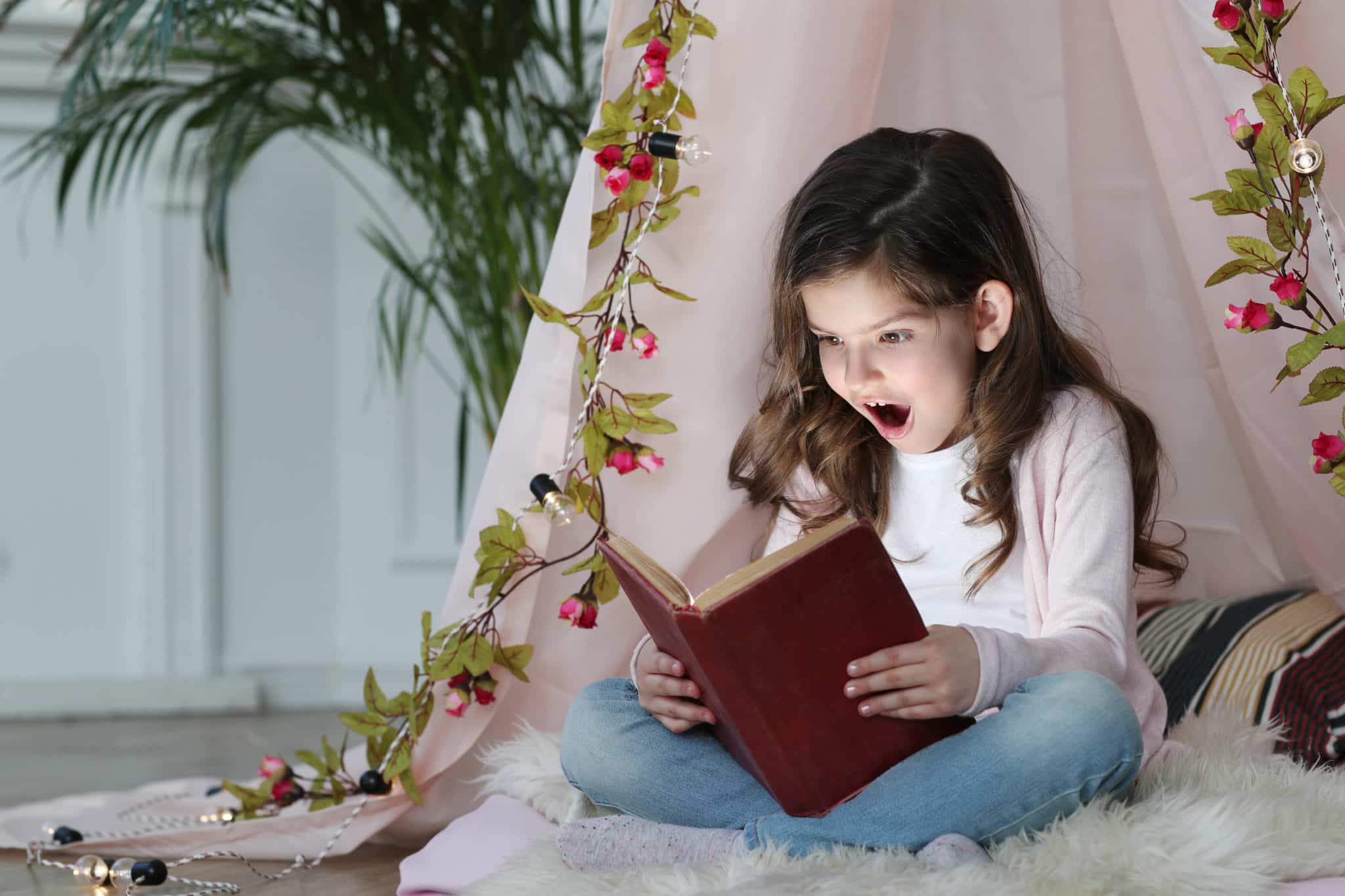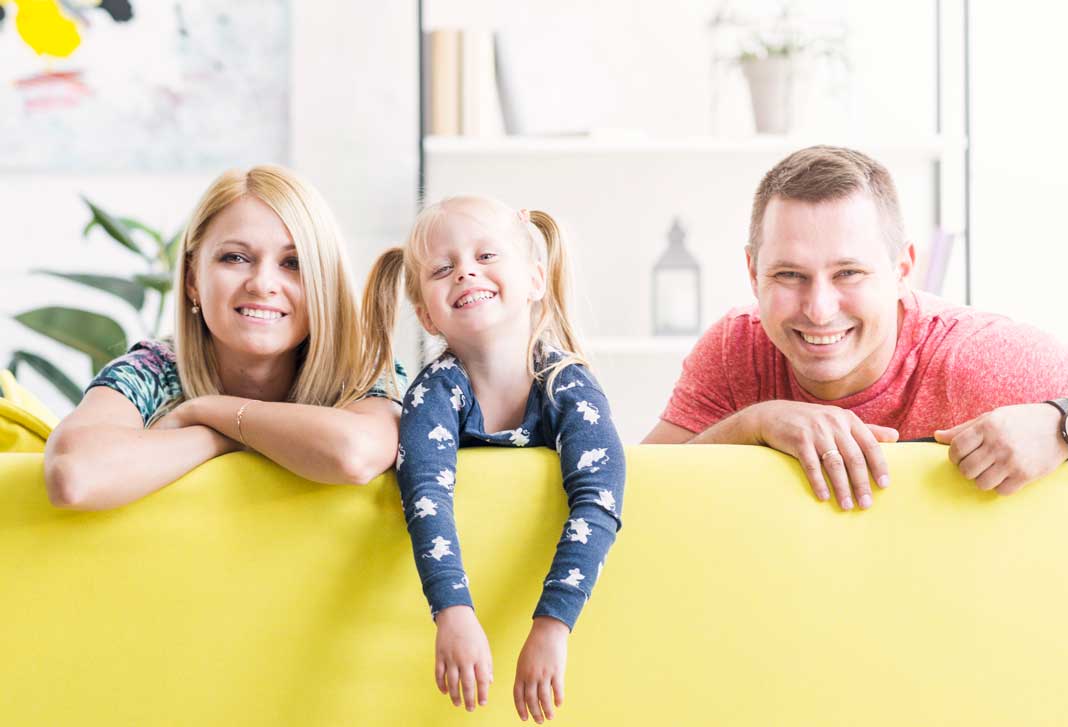
By Mike and Alicia Hernon
Curiosity is something our children are born with. They have a (sometimes uncontrollable) urge to explore the world around them. Think: toddlers in the flour jar! It’s how they learn, adapt and manipulate the world we live in.
So when we talk about how to encourage curiosity in our children, it might seem a little strange. Don’t they have the natural inclination? Yes! But the reality is that most of us were raised in an environment that didn’t necessarily encourage curiosity. As we raise our own children, we may be doing some things that are unintentionally stifling curiosity!
The Importance of Curiosity
Why does it matter that a child is curious? What do they gain by it?
Great question! Children who are naturally curious are ones who are seeking to learn without any adult input. They are compelled to learn about something they see or hear about, so they seek it out, asking questions for understanding. Think about the 3 year old who endlessly asks “why?” They might just want to talk to you, but they’re also very likely trying to figure out things around them!
Curious children are ones who are intrinsically motivated, rather than motivated by external things like rewards or punishments, to interact with the world around them. They take risks, challenge themselves to do big things and to learn, all simply because they are interested in doing so!
Studies have shown that children who are curious are more emotionally regulated and have lower levels of anxiety, even through their teen years! And this makes sense! A child who is anxious isn’t thinking about the world around them, but instead is in survival mode.
So how to we encourage curiosity in our children?

Preparing the Environment
The first step in giving our children the space to be curious is to ensure that they are safe. An anxious child is not a curious one because their bodies are focused on survival. So, get curious about your child and your home!
Do you have a rhythm and routine about your days? Do your children have an idea of what they can expect each morning when they wake up and when they get home from school? Do you feel that your home is a peaceful (as much as possible with multiple kids!) and encouraging place to be? Do you have space in your schedule for down time? Bored kids have the most potential for curiosity!
“an anxious child is not a curious one because their bodies are focused on survival. So, get curious about your child and your home!”
What about the things you have in your home? You’re in charge of the toys and things your children interact with, so are you providing them with items that will naturally encourage curiosity?
When we bring things into our home, we want to look for things that help enhance attention, solitude, inquiry, exploration, surprise and awe. Especially when looking at what toys to gift to your children, think about toys as tools! Ask yourself how that item will encourage a sense of exploration or surprise in your child.
Some of our favorites are kaleidoscopes, binoculars, magnifying glasses and mystery bags.
And when something does catch the attention of your child, pull in that sense of awe and respond that way! Allow yourself to see things through your child’s eyes and react the way that they might.

The Prepared Adult
Like we said before, children learn more by what we do than by what we say. So we need to model curiosity and awe of our surroundings, just like we’d model how to pray, use a fork or play the piano.
Are you a curious adult? You are a mainstay in your child’s environment and children learn best through modeling! So when you don’t know the answer to one of their endless “why” questions, the best thing to do is to admit that you don’t know and seek the answer together!
And finally, make sure that your children can take appropriate risks at home. When our children are “helicopter parented,” they lose the ability to judge for themselves whether they can do something or not. New things become dangerous and risky. They aren’t sure what is an appropriate risk because everything is, which increases their anxiety and stifles curiosity!
So create boundaries (like you may not jump down the stairs but you can jump off the steps into the yard) and let the children explore!
Conclusion
Cultivating curiosity in our children is something that’s probably best described as “sitting on your hands.” Of course, we don’t want to let our kids run wild, but sitting back and watching them discover the world around them, and even discovering it with them, will work wonders in encouraging curiosity.
This article courtesy of the Messy Family Project. Read more blogs on parenting here: messyfamilyproject.org
